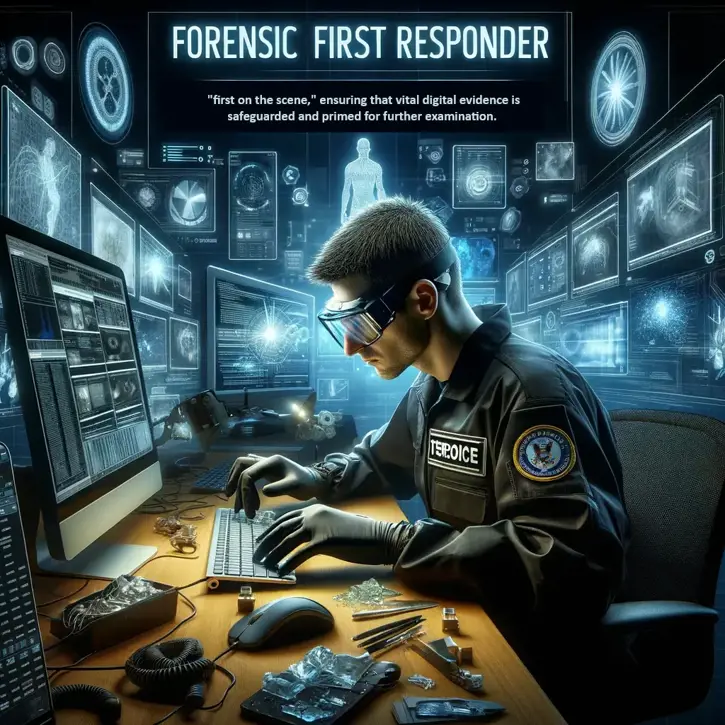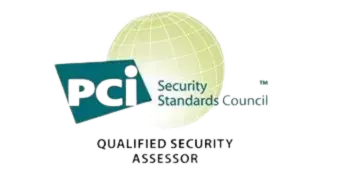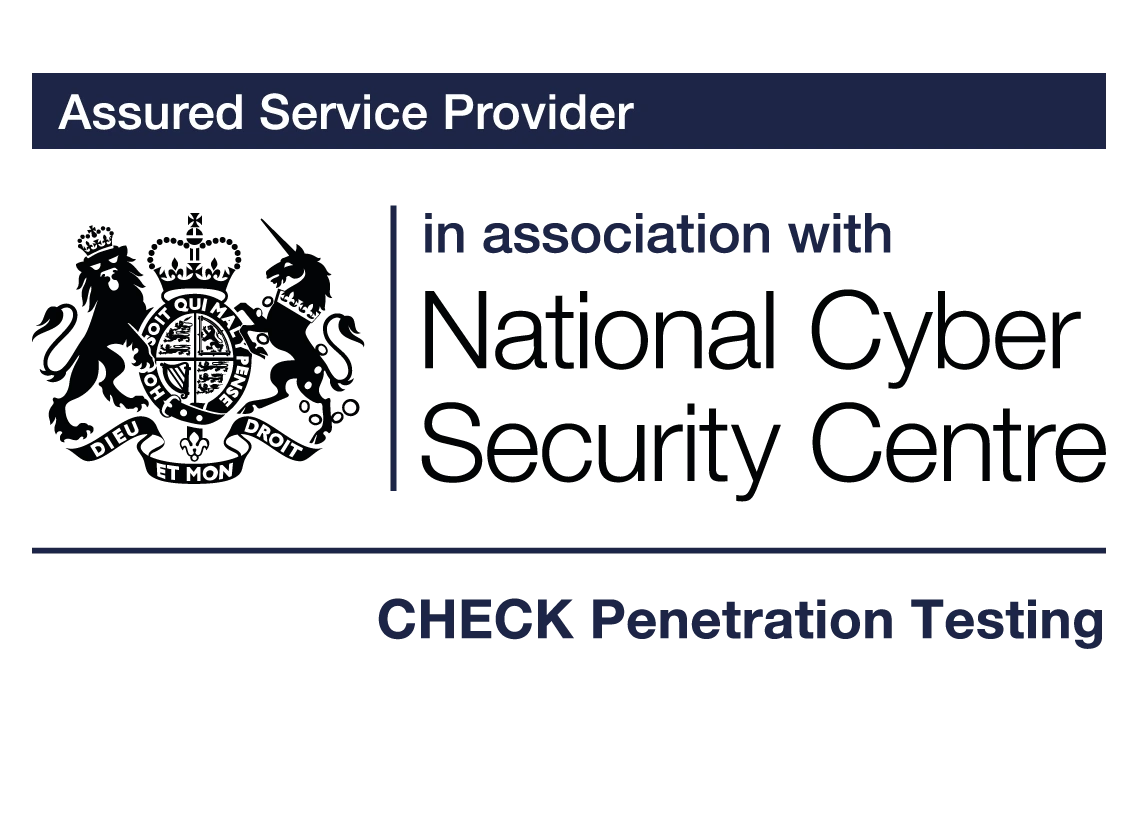Forensic First Responder
Digital forensics, at its heart, is about preserving, extracting, and analyzing electronic evidence. The initial moments after a cybersecurity incident are crucial, and that's where the forensic first responder comes into play. These professionals are the "first on the scene," ensuring that vital digital evidence is safeguarded and primed for further examination.

The Role of a Forensic First Responder
- Immediate Response: Time is of the essence following a security breach. Forensic first responders act swiftly to contain threats and minimize potential damage.
- Evidence Preservation: Ensuring that digital evidence remains untampered and intact is a priority. This requires specialized skills to capture volatile data and secure non-volatile evidence.
- Initial Assessment: Forensic first responders provide the primary insights into the nature of the incident, laying the groundwork for deeper forensic investigation.
Training Components
- Foundational Knowledge: Understand the principles of digital forensics, the nature of digital evidence, and the different types of cyber threats.
- Hands-On Simulations: Engage in real-world scenarios where trainees handle simulated cyber incidents, ensuring they're well-equipped for real-life events.
- Tools and Techniques: Familiarise with essential software and hardware tools used in digital evidence collection and initial analysis.
- Legal and Ethical Considerations: Grasp the legal implications of digital evidence handling and the ethical responsibilities of a forensic first responder.
Building Skills for Complex Scenarios
The realm of digital forensics is vast, and forensic first responders must be prepared for a range of complex situations:
- Incident Triage: Rapidly categorizing the nature and severity of the incident to guide further investigative steps.
- Mobile Device Challenges: With the proliferation of mobile devices, responders need specialized skills to handle evidence on various platforms, from smartphones to tablets.
- Network Intrusions: Skillful navigation of network logs, traffic captures, and intrusions to trace potential threat actors.
Collaboration with Larger Forensic Teams
Forensic first responders act as the vital bridge between an incident's occurrence and its deeper investigation:
Data Handover
Ensuring that collected evidence is systematically handed over to digital forensic analysts for in-depth examination.
Initial Reports
Crafting preliminary reports that guide the direction of subsequent investigations.
Feedback Loops
Engaging in debriefing sessions to refine first response tactics and enhance collaboration with broader forensic teams.
Continuous Learning and Certification
The digital landscape and threat vectors are continually evolving. As such, a forensic first responder's training is never truly complete:
- Refresher Courses: Regular training sessions to stay updated with the latest techniques, tools, and challenges in digital forensics.
- Industry Certifications: Pursue recognized certifications, such as Certified Forensic Computer Examiner (CFCE) or Certified Cyber Forensics Professional (CCFP), to solidify one's expertise and marketability.
- Peer Learning: Encourage engagement with the forensic community, attending conferences, workshops, and seminars to exchange knowledge and best practices.
Conclusion
Being a forensic first responder is about more than just technical know-how; it's about possessing the critical thinking, ethical grounding, and methodological rigor to handle sensitive digital evidence. With our comprehensive training modules, we equip aspiring responders with the tools, techniques, and mindset to excel in this pivotal cyber-security role.
For More Information Please Contact Us

ACCREDITATIONS






